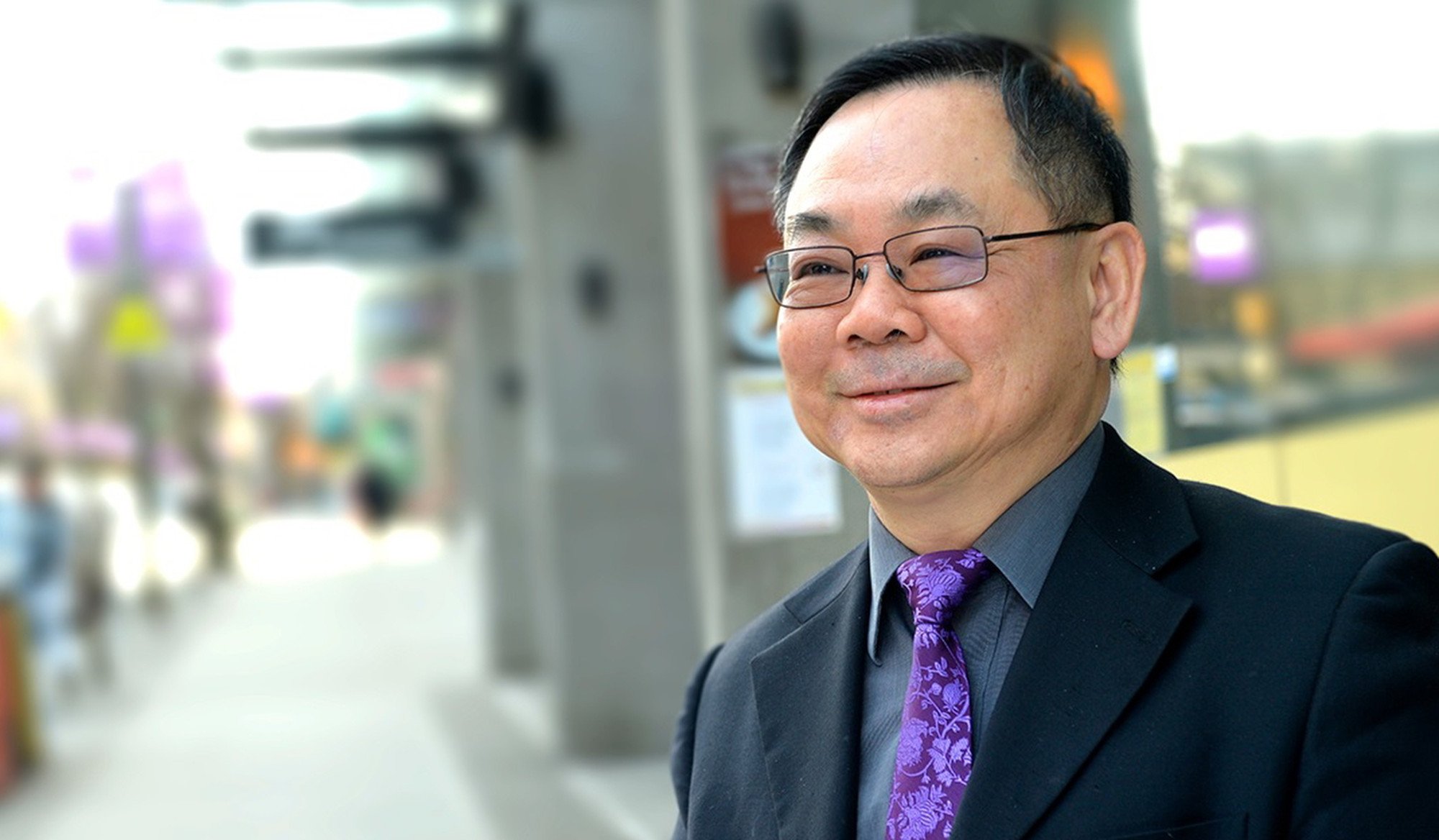While the motion eventually passed with a 7-2 vote, hundreds in the predominantly ethnically Asian city rallied against the proposal and argued it would promote drug abuse at a time when fatal overdoses were rising.

A widely shared video originally posted by online group Neighbours of Richmond shows a white woman in favour of the motion accosting an elderly Asian man during the rally and describing him as “what’s wrong with Canada”.
“You do not belong here. Go back to Hong Kong,” the woman says in the video.
She has since apologised for her remarks.
Community leaders were quick to rebuke the woman’s comments, even as the country is grappling with fears of a gradual shift from its traditional acceptance of immigrants.
“Racism has no place in our society and it is disheartening to witness such behaviour,” said Chak Au, a Richmond city councillor who once taught at the Chinese University of Hong Kong and moved to Canada in 1988.
“This incident underscores the urgent need for collective action against racism,” he said. “[I]t is an essential endeavour for fostering a more inclusive and equitable society.”
Au said opposition to the site should not be “framed as an ethnic issue” as people from “diverse backgrounds” held different views on the supervised drug use centre.
Richmond, which is part of the Vancouver metropolitan area, is home to one of the country’s largest Asian-Canadian communities.
Hong Kong applications for Canada’s permanent residency scheme jump by 70%
Hong Kong applications for Canada’s permanent residency scheme jump by 70%
About half of the city’s population of 230,000 identify as being ethnically Chinese or as a Hongkonger, while Cantonese and Mandarin are the second and third most common mother tongues, respectively.
According to the country’s immigration authorities, about 25,000 applications for work permits or extensions were approved between the programme’s launch in 2021 and August 2023.
The number of approved permanent residency applications has also surged threefold since 2021, climbing to 7,535 in 2023.
Public sentiment towards increased immigration has shifted over the past year amid the country’s housing shortage and cost-of-living crisis.

A series of surveys from pollster Nanos Research between March and December 2023 found the number of Canadians in favour of authorities accepting fewer immigrants jumped from 34 per cent to 61 per cent.
But Hong Kong emigrants who recently moved to the Vancouver area told the Post they felt the woman’s remarks reflected an emotionally charged issue, rather than signs of deeper tensions.
“Generally I think the city is still quite friendly to newcomers,” said Stephane Hung, a 36-year-old research assistant who moved to Richmond a year and a half ago.
He said Hong Kong-Canadians were “generally more concerned” about drug policies, clashing with British Columbia’s more traditionally liberal approach that considered it a public health issue rather than a criminal one.
Hung said that this dispute could sometimes create “different points of understanding” that led to disagreements.
‘Collective healing’: Hongkongers abroad revel in gigs, films from home
‘Collective healing’: Hongkongers abroad revel in gigs, films from home
Another emigrant surnamed Chan, who moved to the area two years ago, echoed the sentiment.
“I think the anger shown in the footage is targeting this specific issue,” the 29-year-old said. “I don’t think there is any change culture-wise on new immigrants, so I am not worried.”
Rachel Miu Mei-sze, a former Hong Kong news anchor who now works as a parenting instructor, said the incident had attracted the attention of Canadian opposition leader Pierre Poilievre, who posted about it on social media platform X, formerly known as Twitter.
His post has amassed more than 665,000 views and over 1,600 comments so far, with many expressing support for the country’s Asian community.
“Judging from the pouring in of comments, you can see how Canadian citizens have all condemned any discriminatory sentiment and shown full support for reason and manners.”

